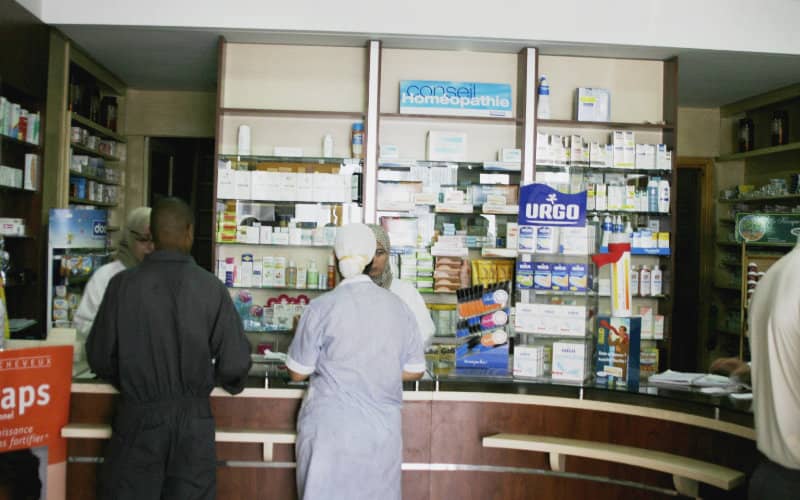Moroccan Pharmacies Face 50% Drop in Sales During Ramadan Amid COVID Restrictions

Moroccan pharmacies are in the doldrums. With Ramadan 2021, their activity has decreased by 40 to 50%, compared to the usual 30% recorded during the same period.
The parties concerned explain this decline by the reduction to two hours of the opening time after the ftour, unlike in previous years. A situation exacerbated by the confinement in this particular health crisis context which limits travel and strains the wallets of patients who are less and less crowding into consulting rooms, informs La Vie éco. Pharmacies are solicited during this Ramadan month mainly for gastric care and the usual treatment of chronic diseases such as diabetes or high blood pressure. In addition, there is the end of the distribution monopoly on certain products, including veterinary specialties or certain medical devices.
According to pharmacists, this decline has affected all products without distinction, such as prescription drugs and non-prescription products, as well as comfort products whose prices are not regulated. Yet, "everywhere in the world, the drop in prices does not concern non-prescription drugs and products not reimbursed by social security," laments Najia Rguibi, a pharmacist in Casablanca. And Souad Moutaouakil, president of the Southern Regional Council of Pharmacists, calls for "compensation measures" within the framework of the reform of the current health system, wishing for example a "good management of the policy of encouraging generics".
She condemns the fact that the social security funds refuse to reimburse a generic when it is purchased following a change of prescription made by the pharmacist. "An anomaly, because when the doctor prescribes a brand name that the patient cannot buy, we can give him his generic which is more accessible and which the funds must reimburse," she protests. Finally, pharmacists are calling for a tax exemption when selling a pharmacy, since they do not benefit from any tax advantage related to this sale and knowing that they do not have a retirement pension.
All these realities have been brought to the attention of the Ministry of Health, but have remained without follow-up so far. And Moutaouakil concludes: "At the time of the reform of the health system and on the eve of the expansion of medical coverage, pharmacists should be equipped to practice their profession and play their social role with patients under favorable conditions. There should be an interaction between the various stakeholders in the health system".
Related Articles
-

Moroccan Mayors Under Investigation: Tax Fraud Scandal Rocks Local Governments
9 September 2025
-

Ryanair Goes Paperless: Digital Boarding Passes Mandatory by 2025, Morocco Holds Out
9 September 2025
-

Morocco Surges Past Spain in EU Watermelon Market, Exports Soar 53%
9 September 2025
-

Moroccan Tax Evasion Scandal: Illegal Used Car Dealers Exploit Public Spaces in Major Regions
8 September 2025
-

AI-Powered Tax Dragnet: Morocco’s DGI Unleashes Smart Algorithms to Catch Evaders
8 September 2025